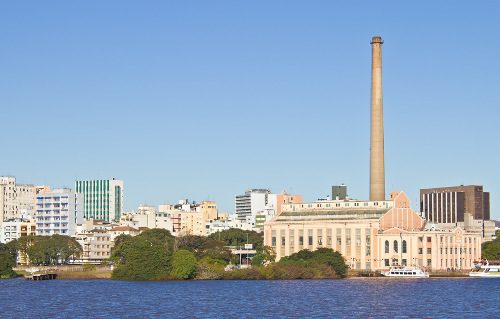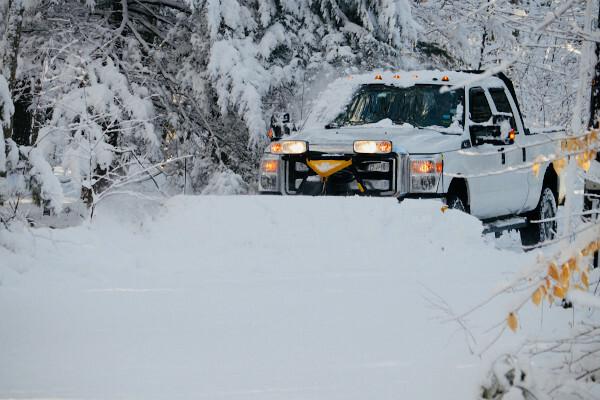The expansion of agriculture until the mid-1970s took place horizontally, that is, with the incorporation of new areas to increase production. Then, this expansion took place vertically, that is, there was an increase in technology to increase its productivity. In Brazil, this change was known as “Modernization of Agriculture”.
Since then, the path of agriculture has been technological increment. This technology encompasses both the production of agricultural inputs (pesticides, fertilizers, etc.) as well as agricultural mechanization and the use of biotechnology. Nowadays there is a huge use of Geographic Information Systems (GIS), which experts have called “precision agriculture”.
Among the challenges for agriculture are mainly the environmental issue and food security. In this context, the debate between biotechnology, transgenics and organic agriculture gains strength.
Biotechnology has long been a reality in all parts of the planet, as it consists of developing techniques and technologies for the genetic improvement of plant organisms (even animals) for its better adaptation to a type of climate, soil, relief, etc., as well as to develop the improvement in soil management, in order to ensure a better productivity of the Agriculture.
Do not stop now... There's more after the advertising ;)
Biotechnology began to produce seeds modified in the laboratory, the so-called transgenic. Caused by much controversy, the use of this technology will still be the subject of debate for a long time. This is because, in addition to preserving biodiversity, producers would have to be subordinate to a single company that holds a monopoly on the patent on transgenics. Consequently, world food security would be compromised. For farmers, concerned only with marketing their product, the use of transgenics has been positive, as they allow for a reduction in production costs and better productivity.
Organic agriculture becomes almost unfeasible in large-scale production. Despite the countless benefits to the population, to natural resources, to the control of ecosystems, it is not yet viable for the food security of the population, as its costs are high and the results are not pragmatics. It must also be considered that the agrarian structure is important for the consolidation of organic agriculture. In the case of Brazil, a country dominated by large estates, its expansion and consolidation is much more difficult.
The agriculture of the future is uncertain. But it is known that technology will dominate its scenario: both biotechnology and the mechanization of the field.
By Regis Rodrigues
Graduated in Geography
Would you like to reference this text in a school or academic work? Look:
ALMEIDA, Regis Rodrigues de. "Agriculture of the Future"; Brazil School. Available in: https://brasilescola.uol.com.br/geografia/agricultura-futuro.htm. Accessed on June 27, 2021.


